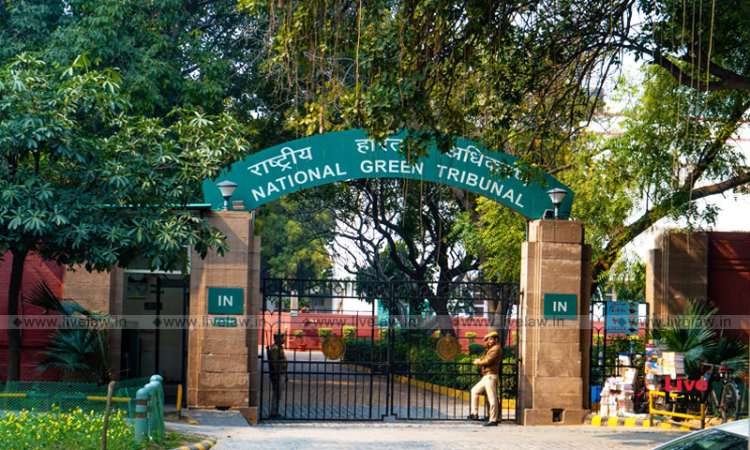NGT Issues Directions On Implementation Of E-Waste Management Rules By State PCBs And CPCB:
Nupur Thapliyal
19 Jan 2021 2:45 PM IST

Next Story
19 Jan 2021 2:45 PM IST
The Principal Bench of National Green Tribunal (NGT) recently issued directions for the implementation of E-Waste (Management) Rules, 2016 after observing that there were huge gaps in the compliance by the State Pollution Control Boards and local authorities, breaching their obligation of ensuring pollution free environment. The Tribunal came down heavily on State PCBs after noting...
